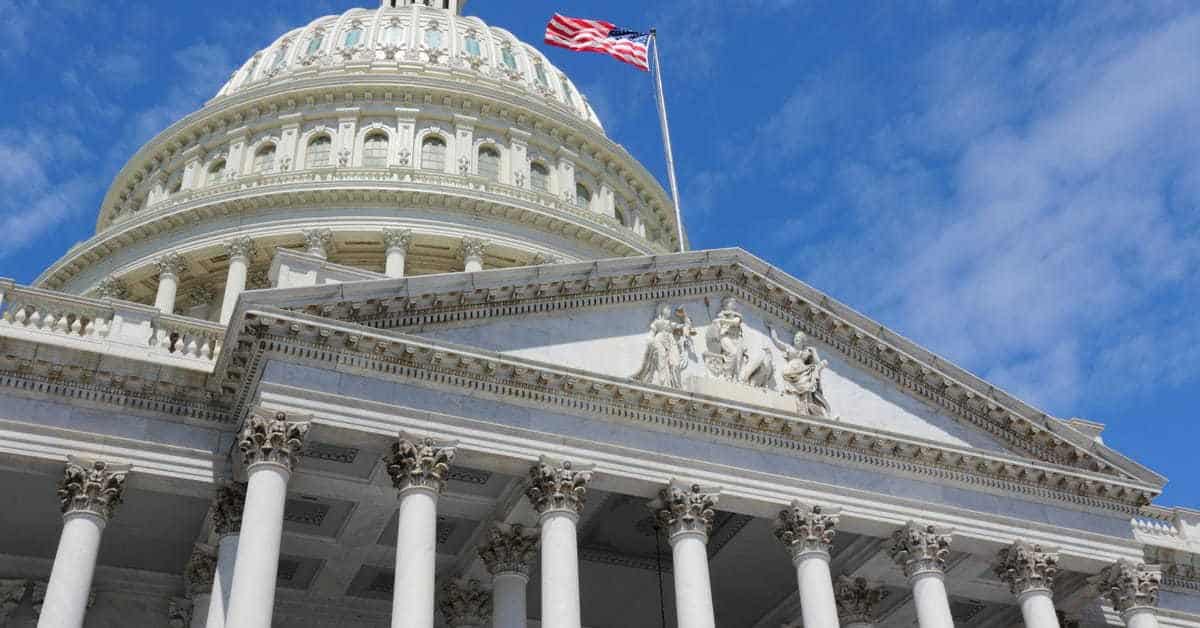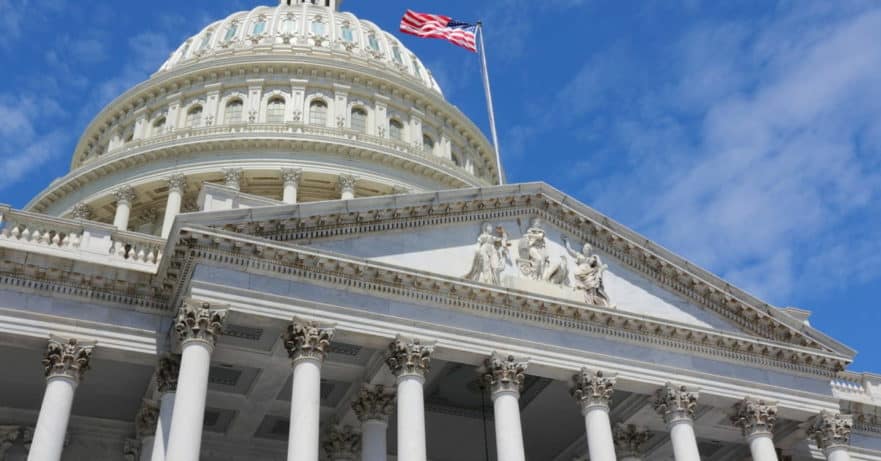
Glass Jacobson is and will continue to stay on top of the congressional discussions on tax reform. As Congress debates different ideas and scenarios, we will keep you informed at a high level as we gather details on the proposed tax reform as they unfold. Therefore, please refer to our posts as the debates continue in the House and Senate. We will communicate the potential opportunities and costs that we expect to see for you, your business, and your family.
Will the proposed tax reform pass, and what are its goals?
“Tax Reform will happen! I am very confident.” This paraphrases Paul Ryan’s words when asked his thoughts on the possibility of the tax reform passing. On Wednesday, October 25th, at a Reuters Newsmakers reception in DC, Ryan mentioned that Congress wants to “deliver real middle-class relief, create jobs here at home, and fuel unprecedented economic growth.”
How will the proposed tax reform accomplish these goals?
The preliminary framework, according to Ryan, is designed to raise the entire "economic pie," now and into the future, as follows:
- GNP growth to 3%—With the tax changes Republicans have proposed, GDP will go from 2% to 3%, based on academic and economic models provided to Republican leadership. This will significantly increase the entire United States' economic pie. That, combined with lowering rates, will put tax dollars back in taxpayers’ hands at all income levels.
- Making American business competitive globally—Ryan mentioned that if Congress does not lower business tax rates, more American businesses and jobs will move overseas. Therefore, business tax rates must go down. The tax proposal will also allow businesses with foreign earnings, which had not been taxed here, to bring those dollars back to the US. They will then be taxed here, probably at a 15% rate, creating a tax surplus in the short-term and added dollars for business investment.
- Full Expensing—As foreign dollars come back into the US and investments in US businesses increase, the tax reform will allow for “full expensing” for equipment, especially in the manufacturing industries and also for start-ups as an added incentive.
Further, Ryan mentioned that future enhancements to tax policy will deliver tax benefits for more job training and spark participation in two-year degree programs to enhance technological skill, mostly for middle-class workers.
conclusions
While other proposed changes to close current loopholes and changes to deductions are being discussed, GJFG will highlight those specific changes in future posts as the debate and negotiations continue. Stay tuned right here for future information as we assist you in your business, tax, and financial planning.
Want to stay informed about the proposed tax reform?
Enter your email below and we'll keep you updated!






